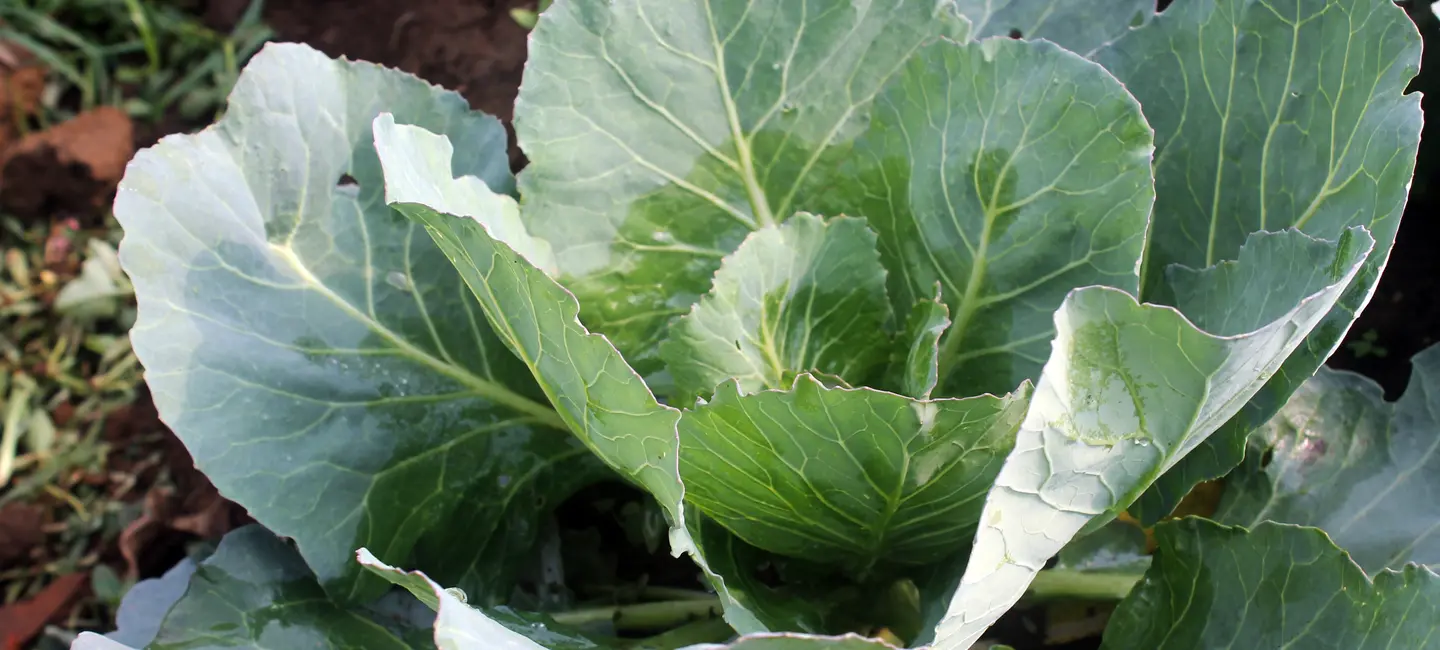
Collard is a dark, leafy, vegetable that is commonly eaten as a food source. Collard leaves can also be eaten as a medicine.
Collard is taken by mouth for cancer prevention, as well as for heart disease, obesity, vision problems, and other conditions, but there is no good scientific evidence to support its use as medicine.
Is It Effective?
There is interest in using collard for a number of purposes, but there isn't enough reliable information to say whether it might be helpful.
Is it Safe?
Collard contains chemicals that are thought to help prevent cancer. Chemicals in collard might also have antioxidant activity.
When taken by mouth: Collard is LIKELY SAFE when consumed in food amounts. There isn't enough reliable information to know if collard is safe when used in medicinal amounts, or what the side effects might be.
Special Precautions & Warnings:
Pregnancy and breast-feeding: There isn't enough reliable information to know if eating collard in medicinal amounts is safe when pregnant or breast-feeding. Stay on the safe side and stick to usual food amounts.
Medications for diabetes (Antidiabetes drugs)
Interaction Rating=Moderate Be cautious with this combination.
Collard extract might decrease blood sugar. Diabetes medications are also used to lower blood sugar. Taking collard extract along with diabetes medications might cause your blood sugar to go too low. Monitor your blood sugar closely. The dose of your diabetes medication might need to be changed.
Some medications used for diabetes include glimepiride (Amaryl), glyburide (DiaBeta, Glynase PresTab, Micronase), insulin, pioglitazone (Actos), rosiglitazone (Avandia), chlorpropamide (Diabinese), glipizide (Glucotrol), and tolbutamide (Orinase).
Herbs and supplements that might lower blood sugar: Collard extract might lower blood sugar. Taking collard extract along with other herbs or supplements that have the same effect might cause blood sugar to drop too low in some people. Some of these herbs include devil's claw, fenugreek, guar gum, Panax ginseng, and Siberian ginseng.
There are no known interactions with foods.
The appropriate dose of collard depends on several factors such as the user's age, health, and several other conditions. At this time there is not enough scientific information to determine an appropriate range of doses for collard. Keep in mind that natural products are not always necessarily safe and dosages can be important. Be sure to follow relevant directions on product labels and consult your pharmacist or physician or other healthcare professional before using.
Information on this website is for informational use only and is not intended to replace professional medical advice, diagnosis, or treatment. While evidence-based, it is not guaranteed to be error-free and is not intended to meet any particular user’s needs or requirements or to cover all possible uses, safety concerns, interactions, outcomes, or adverse effects. Always check with your doctor or other medical professional before making healthcare decisions (including taking any medication) and do not delay or disregard seeking medical advice or treatment based on any information displayed on this website.
© TRC Healthcare 2024. All rights reserved. Use and/or distribution is permitted only pursuant to a valid license or other permission from TRC Healthcare.
